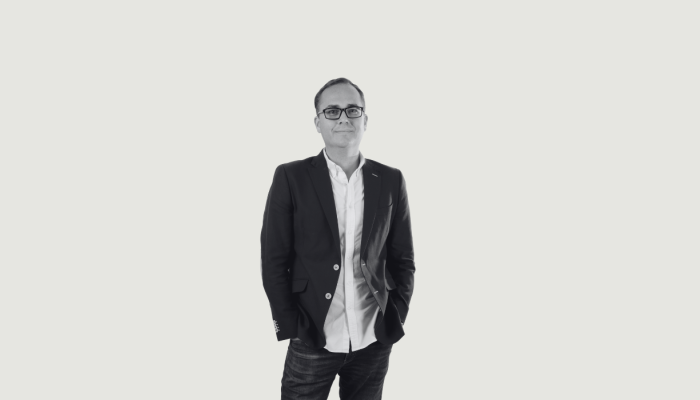When I was interviewing marketers and CEOs for my first book in 1997, they would tell you that the product didn’t matter anymore – that there were no real product differences still to be had, in fact; it was all about the brand now.
Eighteen years later, the casual conference goer could be forgiven for thinking the pendulum has swung back the other way: the zeitgeist is all about makers, and the worship of the better product. In a world driven by engineers, we are told that utility and the algorithm, not the brand, are the future.
Which brings me to a research experiment on musical instruments in Paris earlier this year. The world’s most famous, revered and expensive musical instrument is a Stradivarius violin – their reputation and extraordinary sound quality means an individual Stradivarius can sell for up to fifteen million dollars. So is that value genuinely due to product excellence or brand image? The researchers blindfolded ten professional soloists in a concert hall and asked them to play a range of modern and old instruments in turn, including different Stradivari, without knowing which was which. They then asked them to rate them in descending order, and guess which was old and which was new.
The professionals found it easy to say which instruments they liked and didn’t, but were only right 50% of the time as to which was an old instrument and which was a new one – the same incidence as if they had simply tossed a coin. And it turned out that the two instruments the blindfolded experts had most preferred were modern, and the least preferred was a Stradivarius.
So what’s the consequence? Has the world seen a sudden plunge in Stradivarius prices? Well, no; people want to continue to believe in the Stradivarius myth. Because the insight here is surely that people want to feel that they are discerning. Measuring a world, and particularly those parts of the world you take pleasure in and passionate about, purely on objective product performance, gives no opportunity to display your discernment. Of course people want a better product. But we are also wired to need a better brand.
Adam Morgan is Founder of eatbigfish and The Challenger Project. Challenger enthusiast, father of twins, mild pencil fetish.
His latest book 'A Beautiful Constraint: How to Transform Your Limitations Into Advantages', is out now.
Tweet him @eatbigfish.



